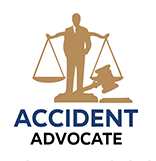Your Rights After a Car Accident: What You Need to Know
A car accident can leave you feeling shaken, confused, and unsure of what to do next. In the chaos that follows, many accident victims are unaware of their legal rights, making them vulnerable to low insurance settlements, unfair blame, and financial burdens.
But you have rights, and understanding them can protect you from being taken advantage of.
In this comprehensive guide, we’ll explain your rights after a car accident, the legal steps you should take, and how to maximize your compensation.
1. Do You Have the Right to File an Insurance Claim?
Yes! After a car accident, you have the legal right to file an insurance claim with your insurance provider and, in some cases, the at-fault driver’s insurance.
Here’s what you should know about insurance claims:
- At-Fault States vs. No-Fault States – In at-fault states, the driver responsible for the crash covers damages. In no-fault states, your own insurance covers medical expenses, regardless of fault.
- You don’t have to accept the first offer – Insurance companies often try to settle for less than you deserve.
- You can seek compensation for medical bills, property damage, lost wages, and pain & suffering.
💡 Pro Tip: Never admit fault or provide a recorded statement to insurance adjusters without legal guidance!
📌 Related Resource: National Association of Insurance Commissioners: Understanding Auto Insurance
2. Do You Have the Right to Seek Medical Treatment?
Absolutely! Your health comes first. Even if you feel fine, hidden injuries like whiplash or internal bleeding can surface days or weeks later.
- You have the right to emergency care and follow-up treatment.
- Your medical bills should be covered—either by your insurance, the at-fault driver’s insurance, or a legal claim.
- Delaying medical attention can weaken your claim—insurance companies may argue your injuries were not serious or caused by something else.
💡 Pro Tip: Always keep copies of medical records, bills, and treatment plans—these are crucial for getting compensation.
📌 Related Resource: CDC: Why You Should Seek Medical Attention After an Accident
3. Do You Have the Right to an Attorney?
Yes! You have the right to hire a personal injury attorney, and doing so can make a huge difference in your case.
Why You Should Consider a Lawyer:
- They handle insurance negotiations so you don’t get lowballed.
- They gather evidence (police reports, medical records, witness statements).
- They fight for maximum compensation, including medical costs, lost income, and pain & suffering.
💡 Pro Tip: Most car accident lawyers work on a contingency fee basis, meaning you don’t pay unless they win your case.
📌 Find a Lawyer Near You: American Bar Association Lawyer Directory
4. Can You Sue the At-Fault Driver?
Yes! If another driver caused the accident, you have the right to file a lawsuit against them for damages beyond what insurance covers.
When Should You Sue?
- If your medical expenses exceed insurance coverage limits.
- If the at-fault driver was reckless, drunk, or distracted.
- If the insurance company denies your claim or offers an unfair settlement.
💡 Pro Tip: Statutes of limitations apply! Each state has a time limit for filing a personal injury lawsuit, typically 2-3 years from the accident date.
📌 Related Resource: Find Your State’s Statute of Limitations
5. What Are Your Rights If You Were Partially at Fault?
Even if you were partially at fault, you may still be entitled to compensation!
- Comparative Negligence – Some states allow partial compensation even if you were partly responsible for the accident.
- Contributory Negligence – In a few states, you may be barred from compensation if you were even slightly at fault.
💡 Pro Tip: Never assume fault without legal advice—even small details can change how responsibility is assigned.
📌 Related Resource: Comparative vs. Contributory Negligence Explained
6. Do You Have the Right to Compensation for Pain & Suffering?
Yes! Beyond medical bills and lost wages, you may be entitled to “non-economic” damages for things like:
- Pain and suffering – Compensation for physical pain caused by the accident.
- Emotional distress – Covers anxiety, depression, PTSD, and sleep issues.
- Loss of enjoyment of life – If your injuries prevent you from doing things you love.
💡 Pro Tip: The severity of your injuries and their impact on daily life determine the value of pain & suffering compensation.
📌 Related Resource: How Pain & Suffering Damages Are Calculated
Final Thoughts: Know Your Rights & Protect Yourself
Understanding your rights after a car accident can mean the difference between fair compensation and financial hardship. By knowing your legal options, seeking medical attention, and consulting with a lawyer, you can protect your future.
If you’ve been in a car accident:
- Don’t accept the first insurance offer—they rarely offer what you truly deserve.
- Seek medical care ASAP—even if you feel fine.
- Consult an accident attorney—legal advice can maximize your claim.
📌 Learn More: Accident Advocate




